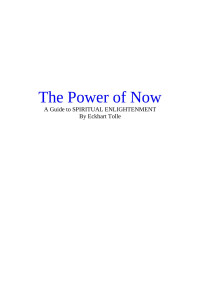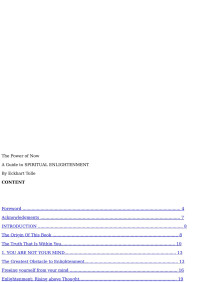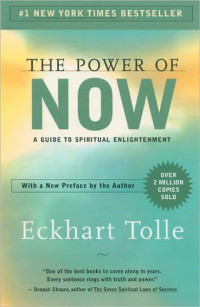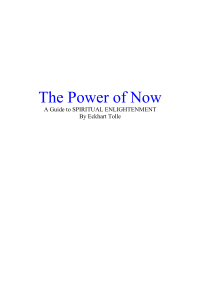- Main
- Self-Help, Relationships & Lifestyle - Personal Growth & Inspiration
- The Power of Now: A Guide to Spiritual...
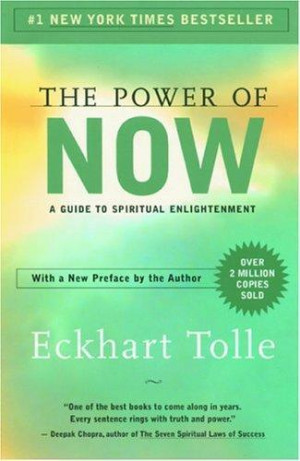
The Power of Now: A Guide to Spiritual Enlightenment
Eckhart Tolle
5.0 /
5.0
52 comments
你有多喜欢这本书?
下载文件的质量如何?
下载该书,以评价其质量
下载文件的质量如何?
To make the journey into the Now we will need to leave our analytical mind and its false created self, the ego, behind. From the very first page of Eckhart Tolle's extraordinary book, we move rapidly into a significantly higher altitude where we breathe a lighter air. We become connected to the indestructible essence of our Being, “The eternal, ever present One Life beyond the myriad forms of life that are subject to birth and death.” Although the journey is challenging, Eckhart Tolle uses simple language and an easy question and answer format to guide us.
A word of mouth phenomenon since its first publication, The Power of Now is one of those rare books with the power to create an experience in readers, one that can radically change their lives for the better.
内容类型:
书籍年:
2010
出版:
1
出版社:
New World Library
语言:
english
页:
258
ISBN, ASIN, ISSN:
B002361MLA
文件:
EPUB, 247 KB
您的标签:
IPFS:
CID , CID Blake2b
english, 2010
因版权方投诉,本书无法下载
Beware of he who would deny you access to information, for in his heart he dreams himself your master
添加到我的图书馆
- Favorites
创建一个新的Z-Alert
Z-Alerts可以让你在有新书时根据你的搜索要求得到通知。您可以用书名、作者、ISBN等信息作为搜索查询 阅读更多关于Z-Alerts的信息.
基础账户仅支持10条Z-Alerts。您可删除旧请求或进行捐赠以升级为高级会员
关键词
关联书单
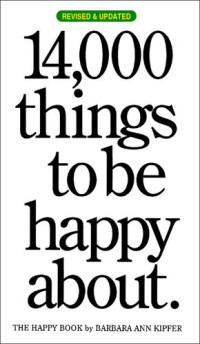
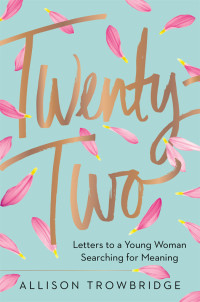


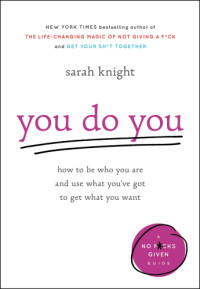
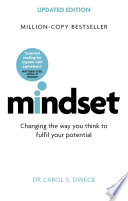
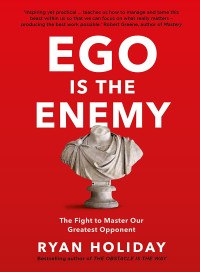
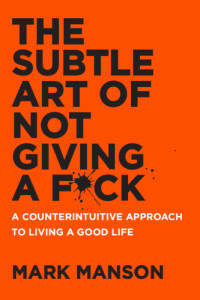
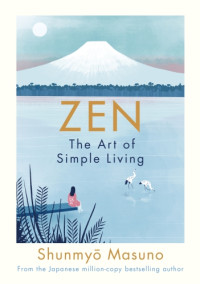

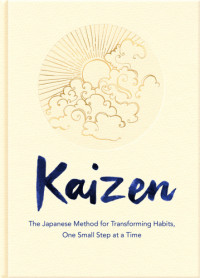
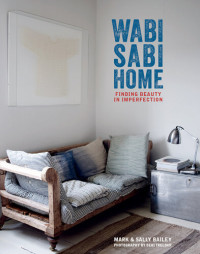
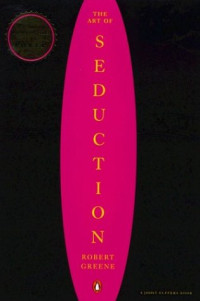
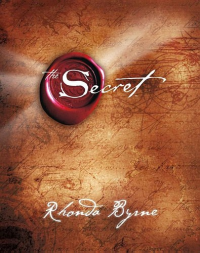
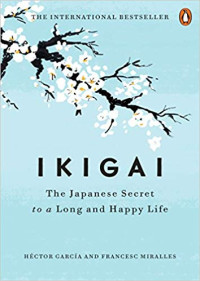
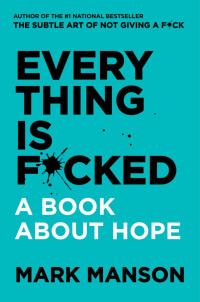


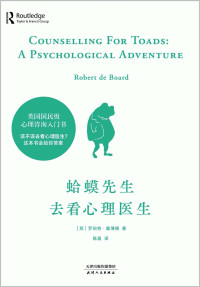
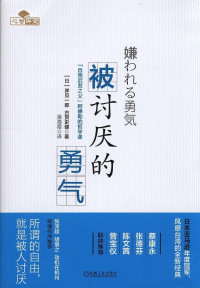
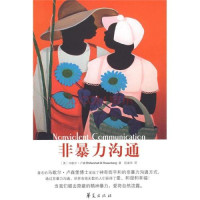
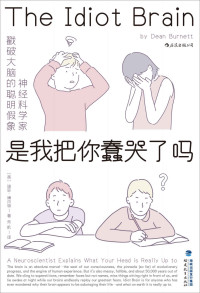
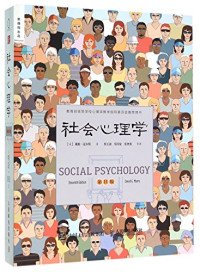

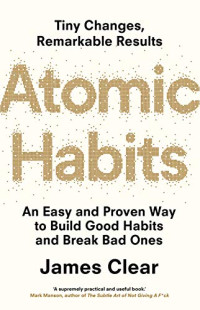
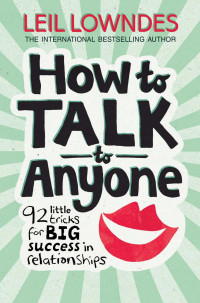
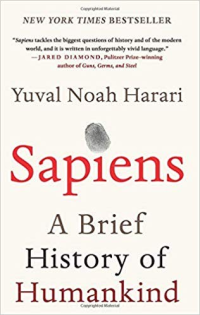
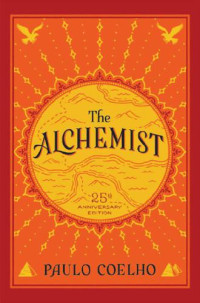
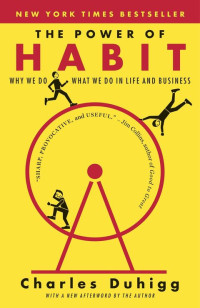
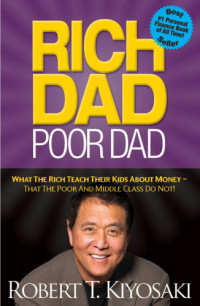
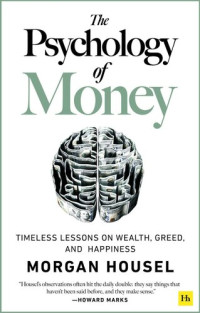
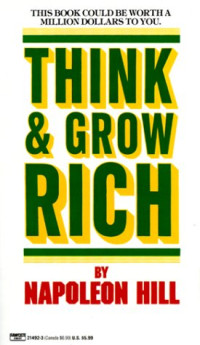
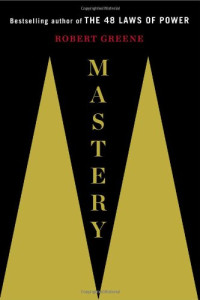
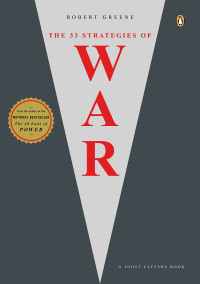
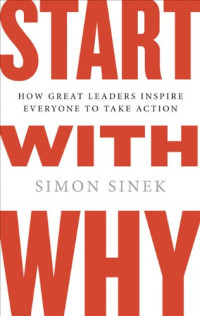
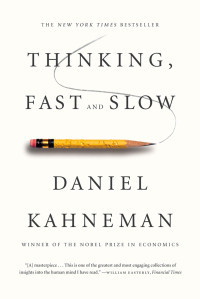

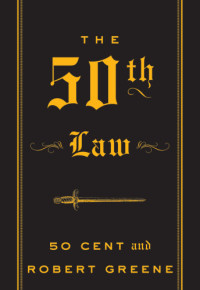
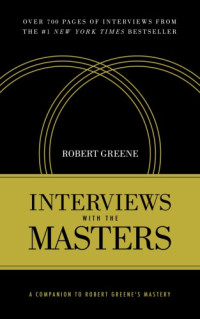
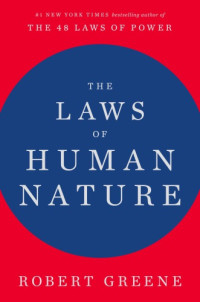
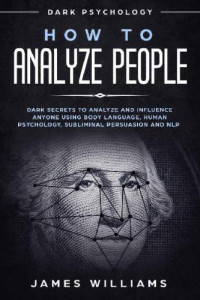
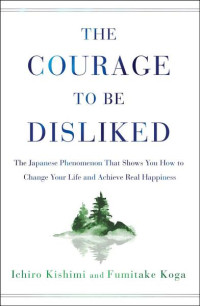
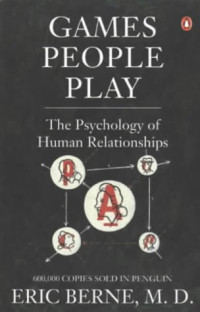
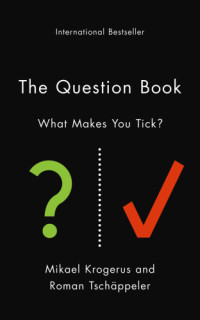
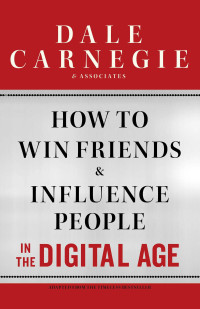

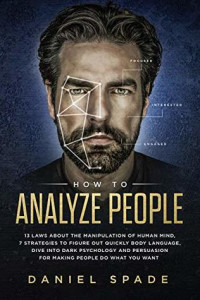
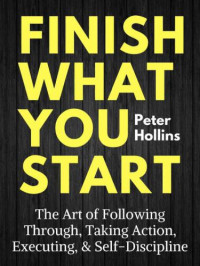


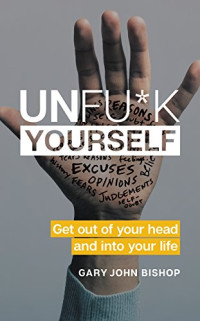


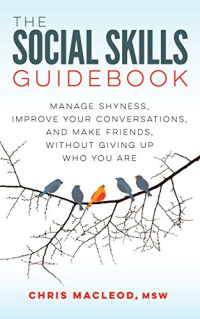
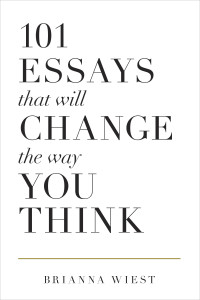
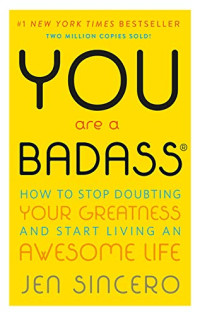
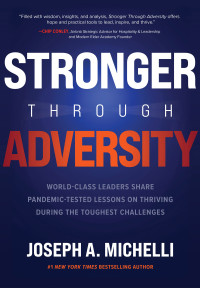

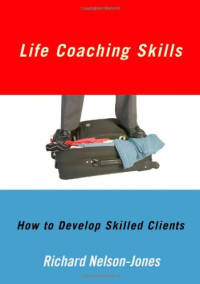
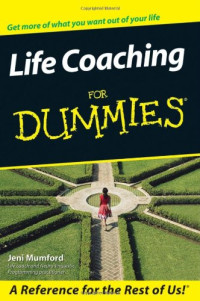
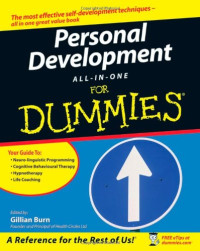

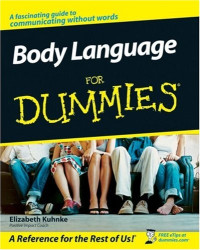
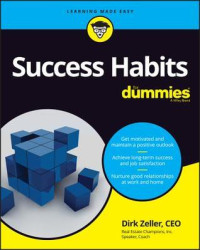
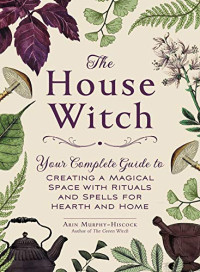
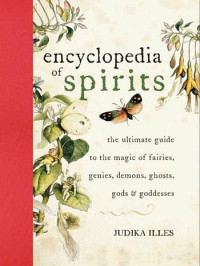
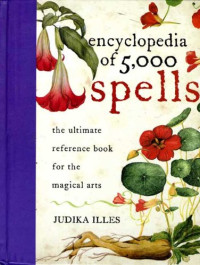
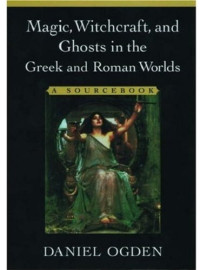
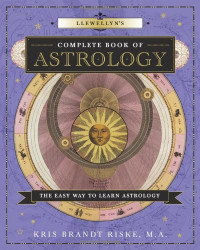
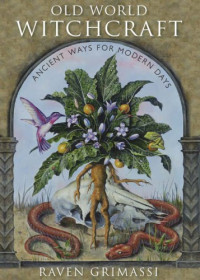

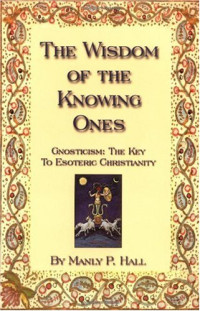


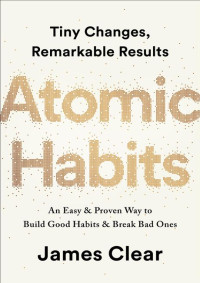

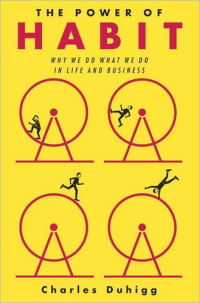
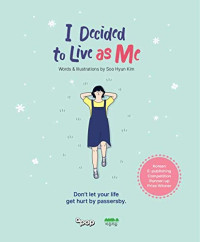
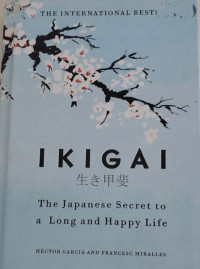

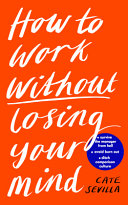

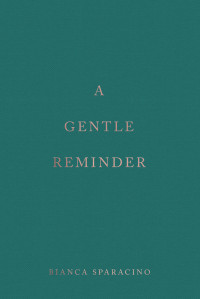
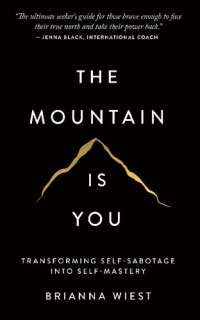
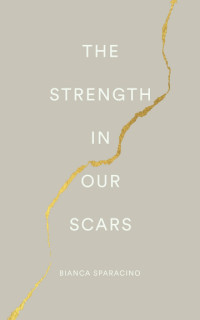
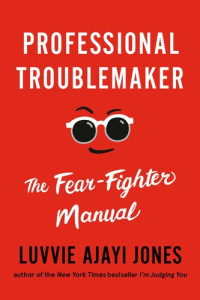

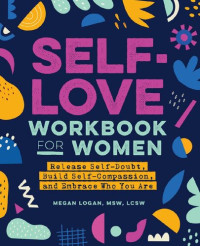
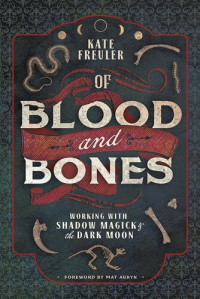
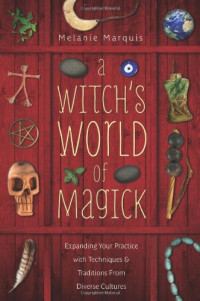
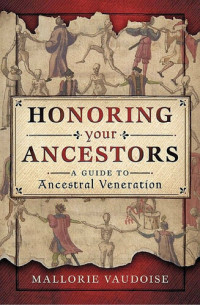
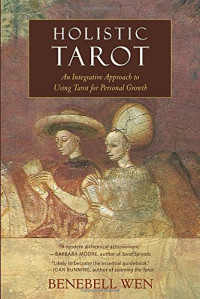
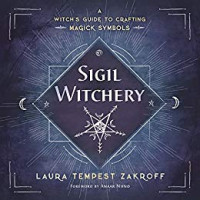
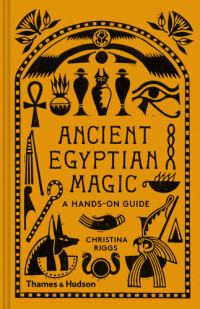
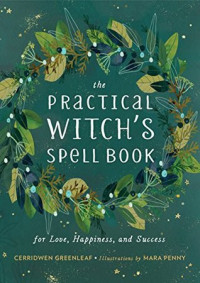
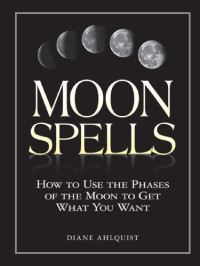
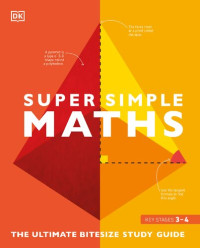
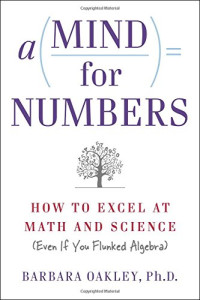
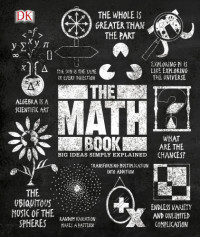
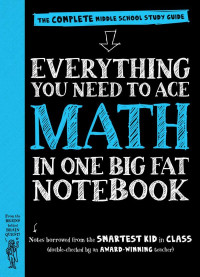
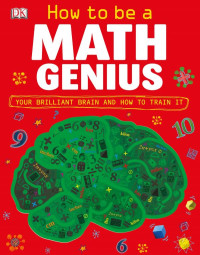

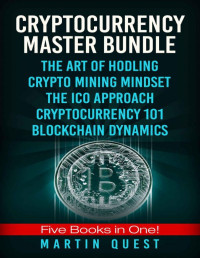


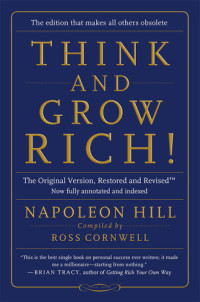
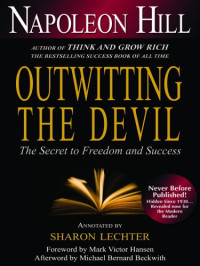
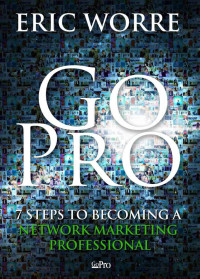

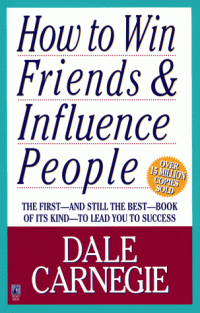



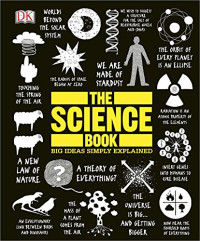
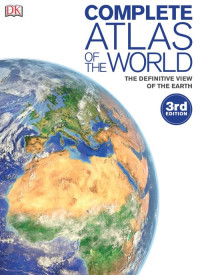


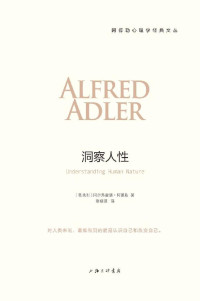
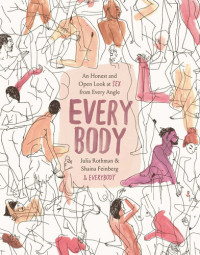
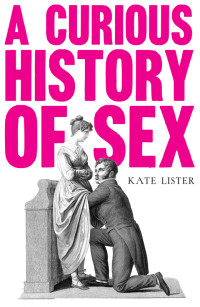
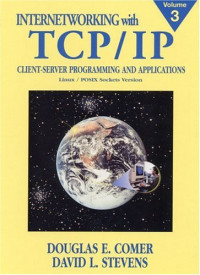
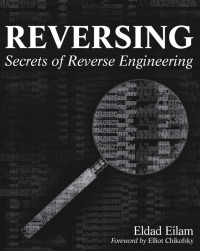
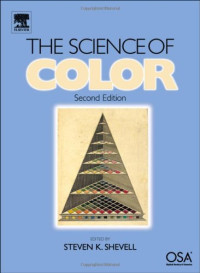
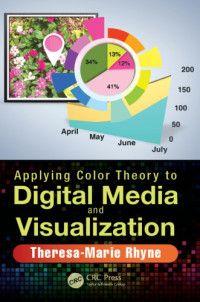
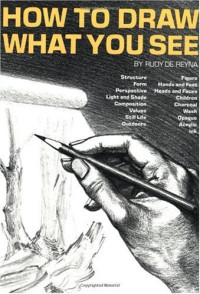
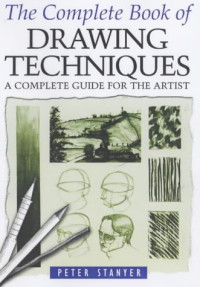
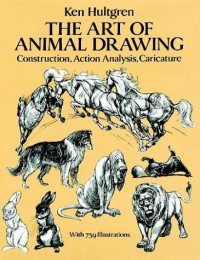
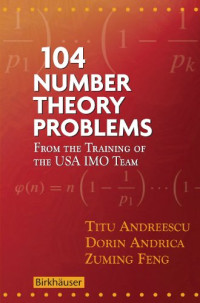
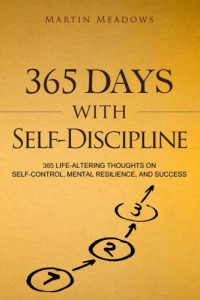
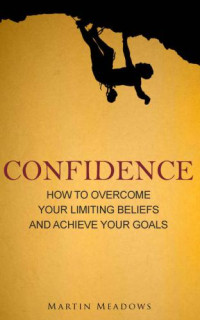
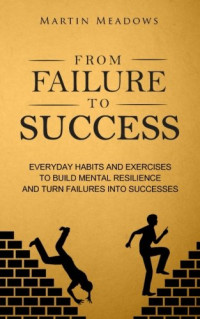
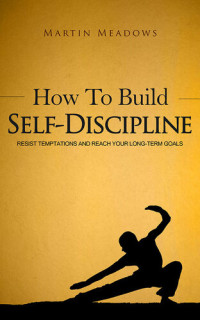
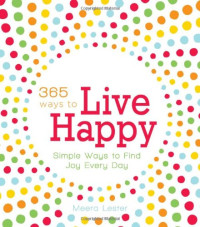
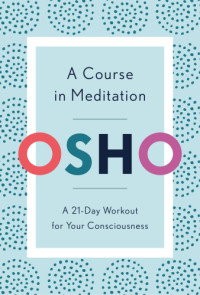

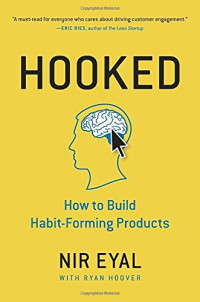


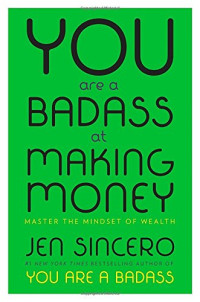
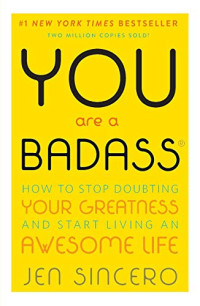
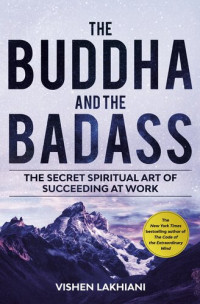
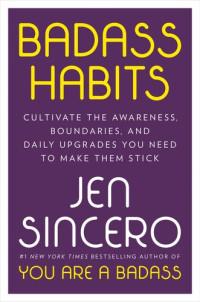
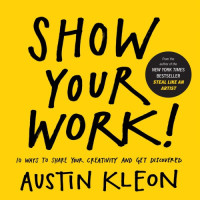
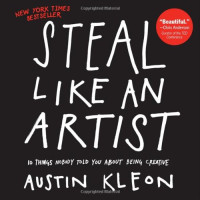
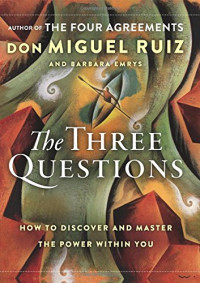
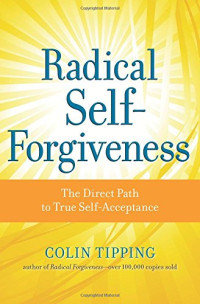
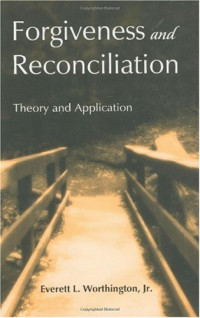
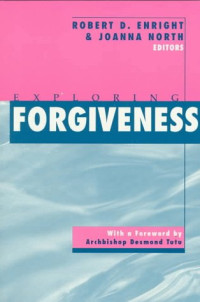
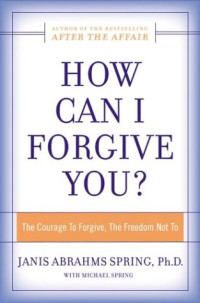
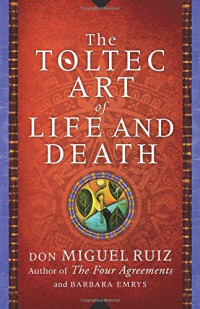
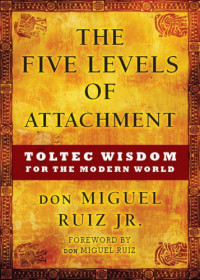
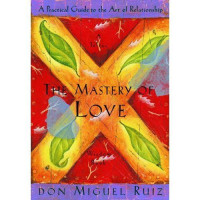
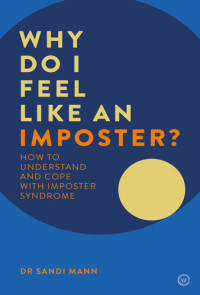
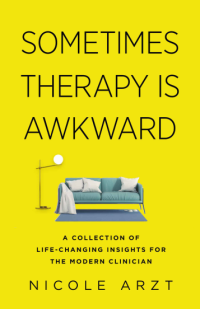
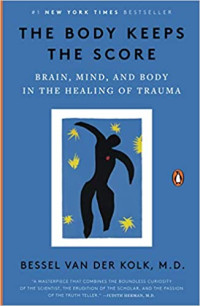
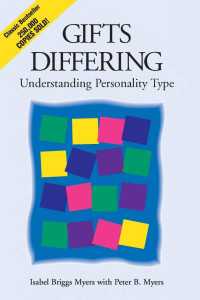
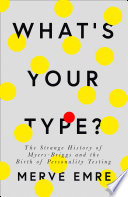
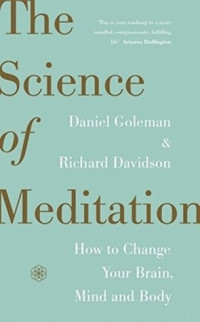
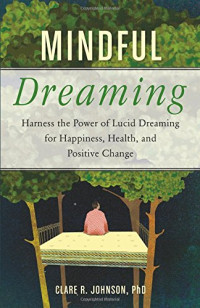


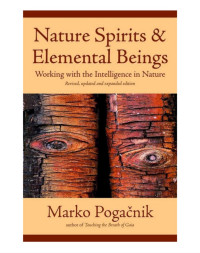
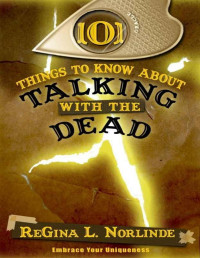
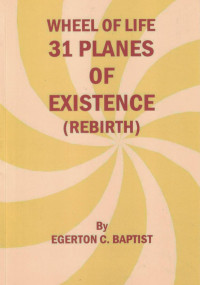
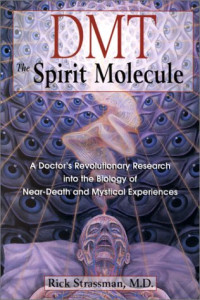
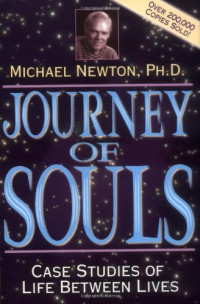
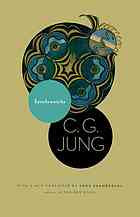
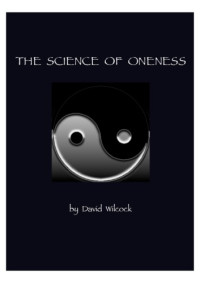

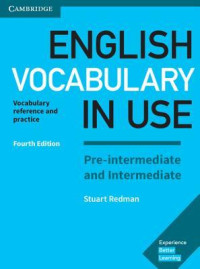
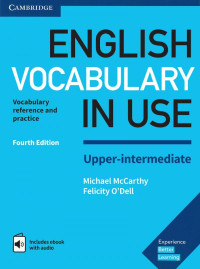
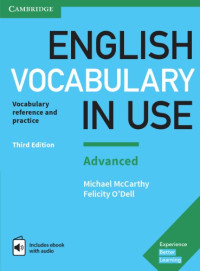
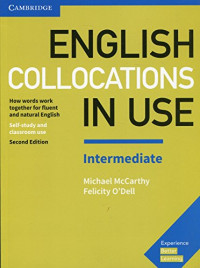
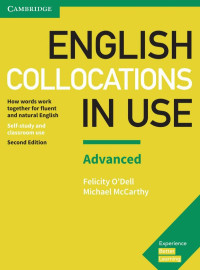
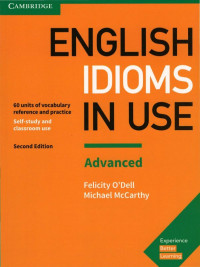
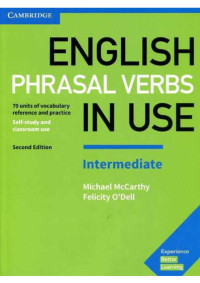
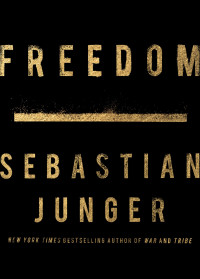

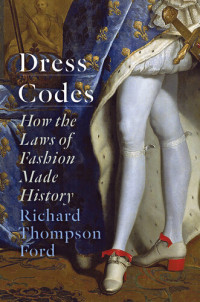
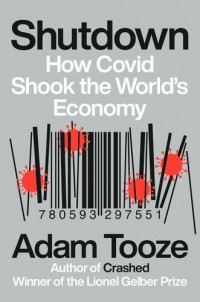
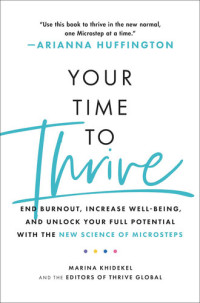




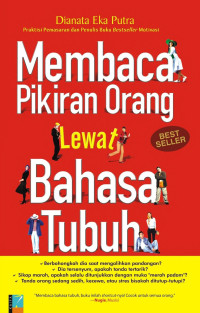
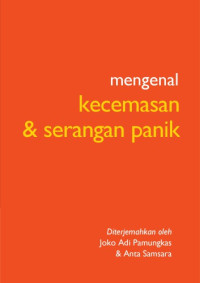
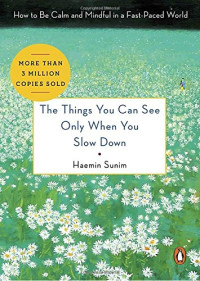
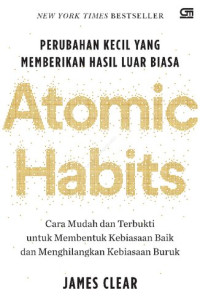
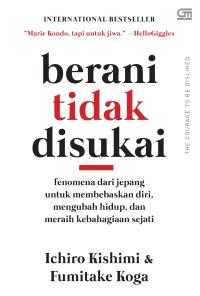
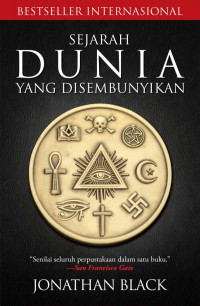

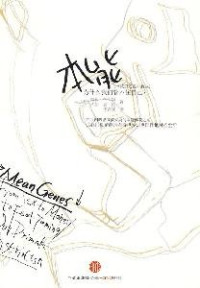
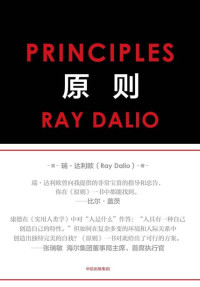
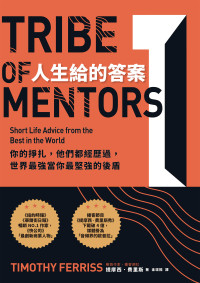
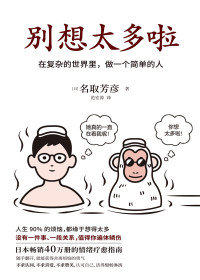

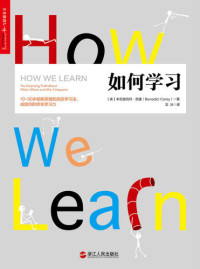
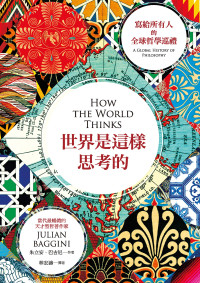
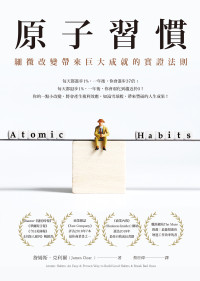
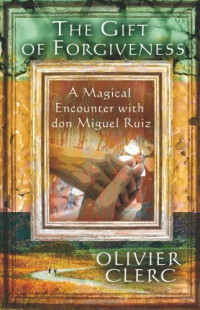
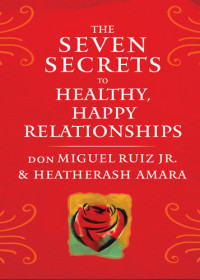
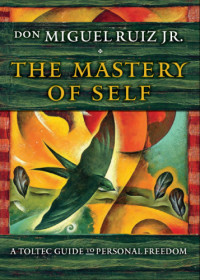
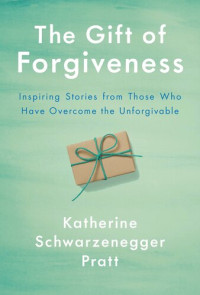




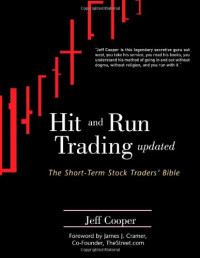

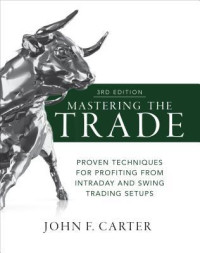
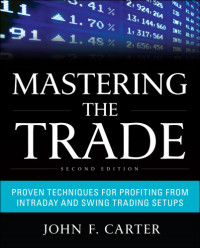
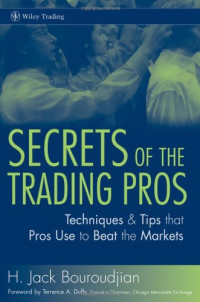
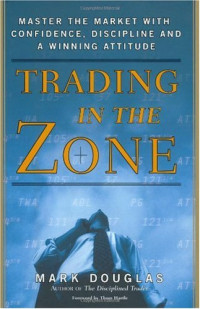







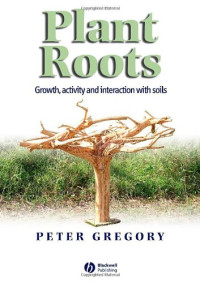


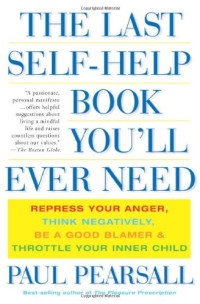
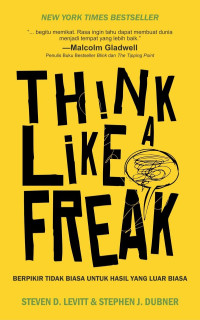
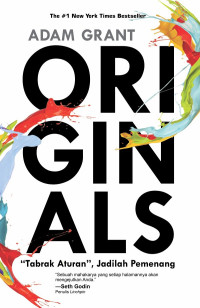
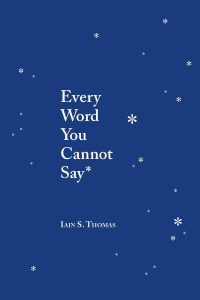
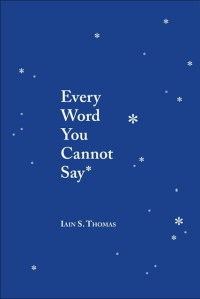

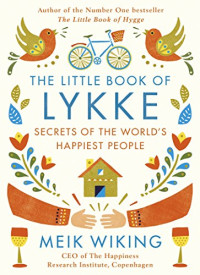
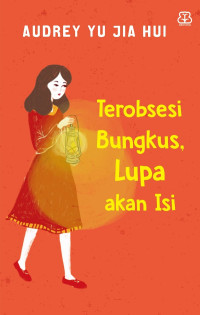
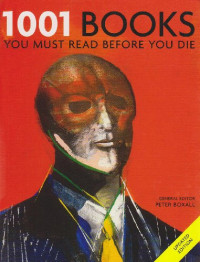
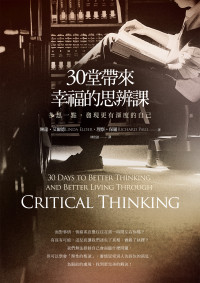




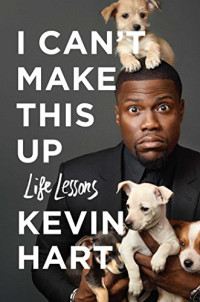
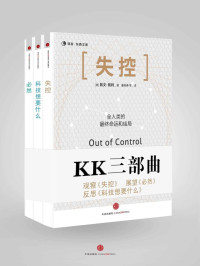
The Power of Now
The Power of Now
The Power of Now
FREEING YOURSELF FROM YOUR MIND
What exactly do you mean by “watching the thinker”?
When someone goes to the doctor and says, “I hear a voice in my head,” he or she will most
likely be sent to a psychiatrist. The fact is that, in a very similar way, virtually
everyone hears a voice, or several voices, in their head all the time: the involuntary
thought processes that you don't realize you have the power to stop. Continuous monologues
or dialogues. You have probably come across “mad” people in the street incessantly talking or muttering
to themselves. Well, thats not much different from what you and all other “normal” people
do, except that you don't do it out loud. The voice comments, speculates, judges,
compares, complains, likes, dislikes, and so on. The voice isn't necessarily relevant to
the situation you find yourself in at the time; it may be reviving the recent or distant
past or rehearsing or imagining possible future situations. Here it often imagines things
going wrong and negative outcomes; this is called worry. Sometimes this soundtrack is
accompanied by visual images or “mental movies.” Even if the voice is relevant to the
situation at hand, it will interpret it in terms of the past. This is because the voice
belongs to your conditioned mind, which is the result of all your past history as well as
of the collective cultural mind-set you inherited. So you see and judge the present
through the eyes of the past and get a totally distorted view of it. It is not uncommon
for the voice to be a person's own worst enemy. Many people live with a tormentor in their
head that continuously attacks and punishes them and drains them of vital energy. It is
the cause of untold misery and unhappiness, as well as of disease.
; The good news is that you can free yourself from your mind. This is the only true
liberation. You can take the first step right now. Start listening to the voice in your
head as often as you can. Pay particular attention to any repetitive thought patterns,
those old gramophone records that have been playing in your head perhaps for many years.
This is what I mean by “watching the thinker,” which is another way of saying: listen to
the voice in your head, be there as the witnessing presence.
When you listen to that voice, listen to it impartially. That is to say, do not judge. Do
not judge or condemn what you hear, for doing so would mean that the same voice has come
in again through the back door. You'll soon realize: there is the voice, and here I am
listening to it, watching it. This I am realization, this sense of your own presence, is
not a thought. It arises from beyond the mind.
¤
So when you listen to a thought, you are aware not only of the thought but also of
yourself as the witness of the thought. A new dimension of consciousness has come in. As
you listen to the thought, you feel a conscious presence your deeper self behind or
underneath the thought, as it were. The thought then loses its power over you and quickly
subsides, because you are no longer energizing the mind through identification with it.
This is the beginning of the end of involuntary and compulsive thinking.
When a thought subsides, you experience a discontinuity in the mental stream a gap of
“no-mind.” At first, the gaps will be short, a few seconds perhaps, but gradually they
will become longer. When these gaps occur, you feel a certain stillness and peace inside
you. This is the beginning of your natural state of felt oneness with Being, which is
usually obscured by the mind. With practice, the sense of stillness and peace will deepen.
In fact, there is no end to its depth. You will also feel a subtle emanation of joy
arising from deep within: the joy of Being.
It is not a trancelike state. Not at all. There is no loss of consciousness here. The
opposite is the case. If the price of peace were a lowering of your consciousness, and the
price of stillness a lack of vitality and alertness, then they would not be worth having.
In this state of inner connectedness, you are much more alert, more awake than in the
mind-identified state. You are fully present. It also raises the vibrational frequency of
the energy field that gives life to the physical body.
As you go more deeply into this realm of no-mind, as it is sometimes called in the East,
you realize the state of pure consciousness. In that state, you feel your own presence with such intensity and such
joy that all thinking, all emotions, your physical body, as well as the whole external
world become relatively insignificant in comparison to it. And yet this is not a selfish
but a selfless state. It takes you beyond what you previously thought of as “your self.”
That presence is essentially you and at the same time inconceivably greater than you. What
I am trying to convey here may sound paradoxical or even contradictory, but there is no
other way that I can express it.
¤
Instead of “watching the thinker,” you can also create a gap in the mind stream simply by
directing the focus of your attention into the Now. Just become intensely conscious of the
present moment. This is a deeply satisfying thing to do. In this way, you draw
consciousness away from mind activity and create a gap of no-mind in which you are highly
alert and aware but not thinking. This is the essence of meditation.
In your everyday life, you can practice this by taking any routine activity that normally
is only a means to an end and giving it your fullest attention, so that it becomes an end
in itself. For example, every time you walk up and down the stairs in your house or place
of work, pay close attention to every step, every movement, even your breathing. Be
totally present. Or when you wash your hands, pay attention to all the sense perceptions
associated with the activity: the sound and feel of the water, the movement of your hands,
the scent of the soap, and so on. Or when you get into your car, after you close the door,
pause for a few seconds and observe the flow of your breath. Become aware of a silent but
powerful sense of presence. There is one certain criterion by which you can measure your success in this practice: the degree of peace that you feel within.
¤
So the single most vital step on your journey toward enlightenment is this: learn to
disidentify from your mind. Every time you create a gap in the stream of mind, the light
of your consciousness grows stronger.
One day you may catch yourself smiling at the voice in your head, as you would smile at
the antics of a child. This means that you no longer take the content of your mind all
that seriously, as your sense of self does not depend on it.
The Power of Now
WHEN DISASTER STRIKES
As far as the still unconscious majority of the population is concerned, only a critical
limit-situation has the potential to crack the hard shell of the ego and force them into
surrender and so into the awakened state. A limit-situation arises when through some
disaster, drastic upheaval, deep loss, or suffering your whole world is shattered and
doesn't make sense anymore. It is an encounter with death, be it physical or
psychological. The egoic mind, the creator of this world, collapses. Out of the ashes of
the old world, a new world can then come into being.
There is no guarantee, of course, that even a limit- situation will do it, but the
potential is always there. Some people's resistance to what is even intensifies in such a
situation, and so it becomes a descent into hell. In others, there may only be partial
surrender, but even that will give them a certain depth and serenity that were not there
before. Parts of the ego shell break off, and this allows small amounts of the radiance
and peace that lie beyond the mind to shine through.
Limit-situations have produced many miracles. There have been murderers in death row
waiting for execution who, in the last few hours of their lives, experienced the egoless state and the deep joy and peace that come with it. The inner resistance to the situation
they found themselves in became so intense as to produce unbearable suffering, and there
was nowhere to run and nothing to do to escape it, not even a mind-projected future. So
they were forced into complete acceptance of the unacceptable. They were forced into
surrender. In this way, they were able to enter the state of grace with which comes
redemption: complete release from the past. Of course, it is not really the
limit-situation that makes room for the miracle of grace and redemption but the act of
surrender.
So whenever any kind of disaster strikes, or something goes seriously “wrong” illness,
disability, loss of home or fortune or of a socially defined identity, break-up or a close
relationship, death or suffering of a loved one, or your own impending death know that
there is another side to it, that you are just one step away from something incredible: a
complete alchemical transmutation of the base metal of pain and suffering into gold. That
one step is called surrender.
I do not mean to say that you will become happy in such a situation. You will not. But
fear and pain will become transmuted into an inner peace and serenity that come from a
very deep place from the Unmanifested itself. It is “the peace of God, which passes all
understanding.” Compared to that, happiness is quite a shallow thing. With this radiant
peace comes the realization not on the level of mind but within the depth of your Being
that you are indestructible, immortal. This is not a belief. It is absolute certainty that
needs no external evidence or proof from some secondary source.
The Power of Now
TRANSFORMING SUFFERING INTO PEACE
I read about a stoic philosopher in ancient Greece who, when he was told that his son had
died in an accident, replied, “I knew he was not immortal.” Is that surrender? If it is, I
don't want it. There are some situations in which surrender seems unnatural and inhuman.
Being cut off from your feelings is not surrender. But we don't know what his inner state
was when he said those words. In certain extreme situations, it may still be impossible
for you to accept the Now. But you always get a second chance at surrender.
Your first chance is to surrender each moment to the reality of that moment. Knowing that
what is cannot be undone because it already is you say yes to what is or accept what
isn't. Then you do what you have to do, whatever the situation requires. If you abide in
this state of acceptance, you create no more negativity, no more suffering,
no more unhappiness. You then live in a state of nonresistance, a state of grace and
lightness, free of struggle.
Whenever you are unable to do that, whenever you miss that chance either because you are
not generating enough conscious presence to prevent some habitual and unconscious
resistance pattern from arising, or because the condition is so extreme as to be
absolutely unacceptable to you then you are creating some form of pain, some form of
suffering. It may look as if the situation is creating the suffering, but ultimately this
is not so your resistance is.
Now here is your second chance at surrender: If you cannot accept what is outside, then
accept what is inside. If you cannot accept the external condition, accept the internal
condition. This means: Do not resist the pain. Allow it to be there. Surrender to the
grief, despair, fear, loneliness, or whatever form the suffering takes. Witness it without
labeling it mentally. Embrace it. Then see how the miracle of surrender transmutes deep
suffering into deep peace. This is your crucifixion. Let it become your resurrection and
ascension. I do not see how one can surrender to suffering. As you yourself pointed out, suffering is
non-surrender. How could you surrender to non-surrender?
Forget about surrender for a moment. When your pain is deep, all talk of surrender will
probably seem futile and meaningless anyway.
When your pain is deep, you will likely have a strong urge to escape from it rather than
surrender to it. You don't want to feel what you feel. What could be more normal? But
there is no escape, no way out. There are many pseudo escapes work, drink, drugs, anger,
projection, suppression,
and so on but they don't free you from the pain. Suffering does not diminish in intensity
when you make it unconscious. When you deny emotional pain, everything you do or think as
well as your relationships become contaminated with it. You broadcast it, so to speak, as
the energy you emanate, and others will pick it up subliminally. If they are unconscious,
they may even feel compelled to attack or hurt you in some way, or you may hurt them in an
unconscious projection of your pain. You attract and manifest whatever corresponds to
your inner state. When there is no way out, there is still always a way
through. So don't turn away from the pain. Face it. Feel it fully. Feel it don't think
about it! Express it if necessary, but don't create a script in your mind around it. Give
all your attention to the feeling, not to the person, event, or situation that seems to
have caused it. Don't let the mind use the pain to create a victim identity for yourself
out of it. Feeling sorry for yourself and telling others your story will keep you stuck in
suffering. Since it is impossible to get away from the feeling, the only possibility of
change is to move into it; otherwise, nothing will shift. So give your complete attention
to what you feel, and refrain from mentally labeling it. As you go into the feeling, be
intensely alert. At first, it may seem like a dark and terrifying place, and when the urge to turn away from it comes,
observe it but don't act on it. Keep putting your attention on the pain, keep feeling the
grief, the fear, the dread, the loneliness, whatever it is. Stay alert, stay present
present with your whole Being, with every cell of your body. As you do so, you are
bringing a light into this darkness. This is the flame of your consciousness.
At this stage, you don't need to be concerned with surrender anymore. It has happened
already. How? Full attention is full acceptance, is surrender. By giving full attention,
you use the power of the Now, which is the power of your presence. No hidden pocket of
resistance can survive in it. Presence removes time. Without time, no suffering, no
negativity, can survive.
The acceptance of suffering is a journey into death. Facing deep pain, allowing it to be,
taking your attention into it, is to enter death consciously. When you have died this
death, you realize that there is no death and there is nothing to fear. Only the ego
dies. Imagine a ray of sunlight that has forgotten it is an inseparable part of the sun
and deludes itself into believing it has to fight for survival and create and cling to an
identity other than the sun. Would the death of this delusion not be incredibly liberating?
Do you want an easy death? Would you rather die without pain, without agony? Then die to
the past every moment, and let the light of your presence shine away the heavy, time-bound
self you thought of as “you.”
The Power of Now
THE WAY OF THE CROSS
¤
¤ There are many accounts of people who say they have found God through their deep
suffering, and there is the Christian expression “the way of the cross, ” which I suppose
points to the same thing.
We are concerned with nothing else here. Strictly speaking, they did not find God through
their
suffering, because suffering implies resistance. They found God through surrender, through
total acceptance of what is, into which they were forced by their intense suffering. They
must have realized on some level that their pain was self- created. How do you equate
surrender with finding God? Since resistance is inseparable from the mind, relinquishment
of resistance surrender is the end of the mind as your master, the impostor pretending
to be “you,” the false god. All judgment and all negativity dissolve. The realm of Being,
which had been obscured by the mind, then opens up. Suddenly, a great stillness arises
within you, an unfathomable sense of peace. And within that peace, there is great joy. And
within that joy, there is love. And at the innermost core, there is the sacred, the
immeasurable, That which cannot be named.
I don't call it finding God, because how can you find that which was never lost, the very
life that you are? The word God is limiting not only because of thousands of years of
misperception and misuse, but also because it implies an entity other than you. God is
Being itself, not a being. There can be no subject-object relationship here, no duality,
no you and God. God-realization is the most natural thing there is. The amazing and
incomprehensible fact is not that you can become conscious of God but that you are not
conscious of God.
The way of the cross that you mentioned is the old way to enlightenment, and until
recently it was the only way. But don't dismiss it or underestimate its efficacy. It still
works.
The way of the cross is a complete reversal. It means that the worst thing in your life,
your cross, turns into the best thing that ever happened to you, by forcing you into surrender, into “death,” forcing
you to become as nothing, to become as God because God, too, is no-thing.
At this time, as far as the unconscious majority of humans is concerned, the way of the
cross is still the only way. They will only awaken through further suffering, and
enlightenment as a collective phenomenon will be predictably preceded by vast upheavals.
This process reflects the workings of certain universal laws that govern the growth of
consciousness and thus was foreseen by some seers. It is described, among other places, in
the Book of Revelation or Apocalypse, though cloaked in obscure and sometimes impenetrable
symbology. This suffering is inflicted not by God but by humans on themselves and on each
other as well as by certain defensive measures that the Earth, which is a living,
intelligent organism, is going to take to protect herself from the onslaught of human
madness.
However, there is a growing number of humans alive today whose consciousness is
sufficiently evolved not to need any more suffering before the realization of
enlightenment. You may be one of them.
Enlightenment through suffering the way of the cross means to be forced into the kingdom
of heaven kicking and screaming. You finally surrender because you can't stand the pain
anymore, but the pain could go on for a long time until this happens. Enlightenment
consciously chosen means to relinquish your attachment to past and future and to make the
Now the main focus of your life. It means choosing to dwell in the state of presence
rather than in time. It means saying yes to what is. You then don't need pain anymore. How
much more time do you think you will need before you are able to say “I will create no
more pain, no more suffering?” How much more pain do you need before you can make that
choice?
If you think that you need more time, you will get more time and more pain. Time and pain
are inseparable.
The Power of Now
THE POWER TO CHOOSE
What about all those people who, it seems, actually want to suffer? I have a friend whose
partner is physically abusive toward her, and her previous relationship was of a similar
kind. Why does she choose such men, and why is she refusing to get out of that situation
now? Why do so many people actually choose pain?
I know that the word choose is a favorite New Age term, but it isn't entirely accurate in
this context. It is misleading to say that somebody “chose” a dysfunctional relationship
or any other negative situation in his or her life. Choice implies consciousness a high
degree of consciousness. Without it, you have no choice. Choice begins the moment you
disidentify from the mind and its conditioned patterns, the moment you become present.
Until you reach that point, you are unconscious, spiritually speaking. This means that you
are compelled to think, feel, and act in certain ways according to the conditioning of
your mind. That is why Jesus said: “Forgive them, for they know not what they do.” This is
not related to intelligence in the conventional sense of the word. I have met many' highly
intelligent and educated people who were also completely unconscious, which is to say
completely identified with their mind. In fact, if mental development and increased
knowledge are not counterbalanced by a corresponding growth in consciousness,
the potential for unhappiness and disaster is very great. Your friend is stuck in a
relationship with an abusive partner, and not for the first time. Why? No choice. The
mind, conditioned as it is by the past, always seeks to re-
create what it knows and is familiar with. Even if it is painful, at least it is familiar.
The mind always adheres to the known. The unknown is dangerous because it has no control over it. Thats why the mind dislikes
and ignores the present moment. Present-moment awareness creates a gap not only in the
stream of mind but also in the past-future continuum. Nothing truly new and creative can
come into this world except through that gap, that clear space of infinite possibility.
So your friend, being identified with her mind, may be re-creating a pattern learned in
the past in which intimacy and abuse are inseparably linked. Alternatively, she may be
acting out a mind pattern learned in early childhood according to which she is unworthy
and deserves to be punished. It is possible, too, that she lives a large part of her life
through the pain-body, which always seeks more pain on which to feed. Her partner has his
own unconscious patterns, which complement hers. Of course her situation is self- created,
but who or what is the self that is doing the creating? A mental-emotional pattern from
the past, no more. Why make a self out of it? If you tell her that she has chosen her
condition or situation, you are reinforcing her state of mind identification. But is her
mind pattern who she is? Is it her self? Is her true identity derived from the past? Show
your friend how to be the observing presence behind her thoughts and her emotions. Tell
her about the pain-body and how to free herself from it. Teach her the art of inner-body
awareness. Demonstrate to her the meaning of presence. As soon as she is able to access
the power of the Now, and thereby break through her conditioned past, she will have a
choice.
Nobody chooses dysfunction, conflict, pain. Nobody chooses insanity. They happen because
there is not enough presence in you to dissolve the past, not enough light to dispel the
darkness. You are not fully here. You have not quite woken up yet. In the meantime, the
conditioned mind is running your life.
Similarly, if you are one of the many people who have an issue with their parents, if you
still harbor resentment about something they did or did not do, then you still believe that they had a choice
that they could have acted differently. It always looks as if people had a choice, but
that is an illusion. As long as your mind with its conditioned patterns runs your life, as
long as you are your mind, what choice do you have? None. You are not even there. The
mind-identified state is severely dysfunctional. It is a form of insanity. Almost everyone
is suffering from this illness in varying degrees. The moment you realize this, there can
be no more resentment. How can you resent someone's illness? The only appropriate response
is compassion.
So that means nobody is responsible for what they do? I don't like that idea.
If you are run by your mind, although you have no choice you will still suffer the
consequences of your unconsciousness, and you will create further suffering. You will bear
the burden of fear, conflict, problems, and pain. The suffering thus created will
eventually force you out of your unconscious state.
What you say about choice also applies to forgiveness, I suppose. You need to be fully
conscious and surrender before you can forgive.
“Forgiveness” is a term that has been in use for 2,000 years, but most people have a very
limited view of what it means. You cannot truly forgive yourself or others as long as you
derive your sense of self from the past. Only through accessing the power of the Now,
which is your own power, can there be true forgiveness. This renders the past powerless,
and you realize deeply that nothing you ever did or that was ever done to you could touch
even in the slightest the radiant essence of who you are. The whole concept of forgiveness then becomes unnecessary.
And how do I get to that point of realization?
When you surrender to what is and so become fully present, the past ceases to have any
power. You do not need it anymore. Presence is the key. The Now is the key.
How will I know when I have surrendered?
When you no longer need to ask the question.
The Power of Now
END
The Power of Now
ENLIGHTENMENT: RISING ABOVE THOUGHT
Isn't thinking essential in order to survive in this world?
Your mind is an instrument, a tool. It is there to be used for a specific task, and when
the task is completed, you lay it down. As it is, I would say about 8o to 90 percent of
most people's thinking is not only repetitive and useless, but because of its
dysfunctional and often negative nature, much of it is also harmful. Observe your mind and
you will find this to be true. It causes a serious leakage of vital energy.
This kind of compulsive thinking is actually an addiction. What characterizes an
addiction? Quite simply this:
you no longer feel that you have the choice to stop. It seems stronger than you. It also
gives you a false sense of pleasure, pleasure that invariably turns into pain. Why should we be addicted to thinking?
Because you are identified with it, which means that you derive your sense of self from
the content and activity of your mind. Because you believe that you would cease to be if
you stopped thinking. As you grow up, you form a mental image of who you are, based on
your personal and cultural conditioning. We may call this phantom self the ego. It
consists of mind activity and can only be kept going through constant thinking. The term
ego means different things to different people, but when I use it here it means a false
self, created by unconscious identification with the mind.
To the ego, the present moment hardly exists. Only past and future are considered
important. This total reversal of the truth accounts for the fact that in the ego mode the
mind is so dysfunctional. It is always concerned with keeping the past alive, because
without it who are you? It constantly projects itself into the future to ensure its
continued survival and to seek some kind of release or fulfillment there. It says: “One
day, when this, that, or the other happens, I am going to be okay, happy, at peace.” Even
when the ego seems to be concerned with the present, it is not the present that it sees:
It misperceives it completely because it looks at it through the eyes of the past. Or it
reduces the present to a means to an end, an end that always lies in the mind-projected
future. Observe your mind and you'll see that this is how it works.
The present moment holds the key to liberation. But you cannot find the present moment as
long as you are your mind.
I don't want to lose my ability to analyze and discriminate. I wouldn't mind learning to
think more clearly, in a more focused way, but I don't want to lose my mind. The gift of
thought is the most precious thing we have. Without it, we would just be another species
of animal. The predominance of mind is no more than a stage in the evolution of consciousness. We
need to go on to the next stage now as a matter of urgency; otherwise, we will be
destroyed by the mind, which has grown into a monster. I will talk about this in more
detail later. Thinking and consciousness are not synonymous. Thinking is only a small
aspect of consciousness. Thought cannot exist without consciousness, but consciousness
does not need thought.
Enlightenment means rising above thought, not filling back to a level below thought, the
level of an animal or a plant. In the enlightened state, you still use your thinking mind
when needed, but in a much more focused and effective way than before. You use it mostly
for practical purposes, but you are free of the involuntary internal dialogue, and there
is inner stillness. When you do use your mind, and particularly when a creative solution
is needed, you oscillate every few minutes or so between thought and stillness, between
mind and no-mind. No-mind is consciousness without thought. Only in that way is it
possible to think creatively, because only in that way does thought have any real power.
Thought alone, when it is no longer connected with the much vaster realm of consciousness,
quickly becomes barren, insane, destructive.
The mind is essentially a survival machine. Attack and defense against other minds,
gathering, storing, and analyzing information this is what it is good at, but it is not
at all creative. All true artists, whether they know it or not, create from a place of
no-mind, from inner stillness. The mind then gives form to the creative impulse or
insight. Even the great scientists have reported that their creative breakthroughs came at
a time of mental quietude. The surprising result of a nation-wide inquiry among America's
most eminent mathematicians, including Einstein, to find out their working methods, was
that thinking “plays only a subordinate part in the brief, decisive phase of the creative
act itself.” So I would say that the simple reason why the majority of scientists are not creative is not because they don't know how to think but
because they don't know how to stop thinking!
It wasn't through the mind, through thinking, that the miracle that is life on earth or
your body were created and are being sustained. There is clearly an intelligence at work
that is far greater than the mind. How can a single human cell measuring 1/1,000 of an
inch across contain instructions within its DNA that would fill 1,000 books of 600 pages
each? The more we learn about the workings of the body, the more we realize just how vast
is the intelligence at work within it and how little we know. When the mind reconnects
with that, it becomes a most wonderful tool. It then serves something greater than itself.
The Power of Now
EMOTION: THE BODY'S REACTION TO YOUR MIND
What about emotions? I get caught up in my emotions more than I do in my mind.
Mind, in the way I use the word, is not just thought. It includes your emotions as well as
all unconscious mental- emotional reactive patterns. Emotion arises at the place where
mind and body meet. It is the body's reaction to your mind or you might say, a reflection
of your mind in the body. For example, an attack thought or a hostile thought will create
a build-up of energy in the body that we call anger The body is getting ready to fight.
The thought that you are being threatened, physically or psychologically, causes the body
to contract, and this is the physical side of what we call fear. Research has shown that
strong emotions even cause changes in the biochemistry of the body. These biochemical
changes represent the physical or material aspect of the emotion. Of course, you are not usually conscious of all your thought
patterns, and it is often only through watching your emotions that you can bring them into
awareness.
The more you are identified with your thinking, your likes and dislikes, judgments and
interpretations, which is to say the less present you are as the watching consciousness,
the stronger the emotional energy charge will be, whether you are aware of it or not. If
you cannot feel your emotions, if you are cut off from them, you will eventually
experience them on a purely physical level, as a physical problem or symptom. A great deal
has been written about this in recent years, so we don't need to go into it here. A strong
unconscious emotional pattern may even manifest as an external event that appears to just
happen to you. For example, I have observed that people who carry a lot of anger inside
without being aware of it and without expressing it are more likely to be attacked,
verbally or even physically, by other angry people, and often for no apparent reason. They
have a strong emanation of anger that certain people pick up subliminally and that
triggers their own latent anger.
If you have difficulty feeling your emotions, start by focusing attention on the inner
energy field of your body. Feel the body from within. This will also put you in touch with
your emotions. We will explore this in more detail later.
¤
You sap that an emotion is the mind's reflection in the body. But sometimes there is a
conflict between the two: the mind saps “no” while the emotion saps "yes,' or the other
way around. If you really want to know your mind, the body will always give you a truthful reflection,
so look at the emotion or rather feel it in your body. If there is an apparent conflict
between them, the thought will be the lie, the emotion will be the truth.
Not the ultimate truth of who you are, but the relative truth of your state of mind at
that time.
Conflict between surface thoughts and unconscious mental processes is certainly common.
You may not yet be able to bring your unconscious mind activity into awareness as
thoughts, but it will always be reflected in the body as an emotion, and of this you can
become aware. To watch an emotion in this way is basically the same as listening to or
watching a thought, which I described earlier. The only difference is that, while a
thought is in your head, an emotion has a strong physical component and so is primarily
felt in the body. You can then allow the emotion to be there without being controlled by
it. You no longer are the emotion; you are the watcher, the observing presence. If you
practice this, all that is unconscious in you will be brought into the light of
consciousness.
So observing our emotions is as important as observing our thoughts?
Yes. Make it a habit to ask yourself. Whats going on inside me at this moment? That
question will point you in the right direction. But don't analyze, just watch. Focus your
attention within. Feel the energy of the emotion. If there is no emotion present, take
your attention more deeply into the inner energy field of your body. It is the doorway
into Being.
¤ An emotion usually represents an amplified and energized thought pattern, and because of
its often overpowering energetic charge, it is not easy initially to stay present enough
to be able to watch it. It wants to take you over, and it usually succeeds unless there
is enough presence in you.
If you are pulled into unconscious identification with the emotion through lack of
presence, which is normal, the emotion temporarily becomes “you.” Often a vicious circle
builds up between your thinking and the emotion: they feed each other. The thought pattern
creates a magnified reflection of itself in the form of an emotion, and the vibrational
frequency of the emotion keeps feeding the original thought pattern. By dwelling mentally
on the situation, event, or person that is the perceived cause of the emotion, the thought
feeds energy to the emotion, which in turn energizes the thought pattern, and so on.
Basically, all emotions are modifications of one primordial, undifferentiated emotion that
has its origin in the loss of awareness of who you are beyond name and form. Because of
its undifferentiated nature, it is hard to find a name that precisely describes this
emotion. “Fear” comes close, but apart from a continuous sense of threat, it also includes
a deep sense of abandonment and incompleteness. It may be best to use a term that is as
undifferentiated as that basic emotion and simply call it “pain.” One of the main tasks of
the mind is to fight or remove that emotional pain, which is one of the reasons for its
incessant activity, but all it can ever achieve is to cover it up temporarily. In fact,
the harder the mind struggles to get rid of the pain, the greater the pain. The mind can
never find the solution, nor can it afford to allow you to find the solution, because it
is itself an intrinsic part of the “problem.” Imagine a chief of police trying to find an
arsonist when the arsonist is the chief of police. You will not be free of that pain until
you cease to derive your sense of self from identification with the mind, which is to say
from ego. The mind is then toppled from its place of power and Being reveals itself as
your true nature. Yes, I know what you are going to ask.
I was going to ask: What about positive emotions such as love and joy?
They are inseparable from your natural state of inner connectedness with Being. Glimpses
of love and joy or brief moments of deep peace are possible whenever a gap occurs in the
stream of thought. For most people, such gaps happen rarely and only accidentally, in
moments when the mind is rendered “speechless,” sometimes triggered by great beauty,
extreme physical exertion, or even great danger. Suddenly, there is inner stillness. And
within that stillness there is a subtle but intense joy, there is love, there is peace.
Usually, such moments are short-lived, as the mind quickly resumes its noise-making
activity that we call thinking. Love, joy, and peace cannot flourish until you have freed
yourself from mind dominance. But they are not what I would call emotions. They lie beyond
the emotions, on a much deeper level. So you need to become fully conscious of your
emotions and be able to feel them before you can feel that which lies beyond them. Emotion
literally means “disturbance.” The word comes from the Latin emovere, meaning “to disturb.”
Love, joy, and peace are deep states of Being or rather three aspects of the state of
inner connectedness with Being. As such, they have no opposite. This is because they arise
from beyond the mind. Emotions, on the other hand, being part of the dualistic mind, are
subject to the law of opposites. This simply means that you cannot have good without bad.
So in the unenlightened, mind-identified condition, what is sometimes wrongly called joy
is the usually short-lived pleasure side of the continuously alternating pain/pleasure
cycle. Pleasure is always derived from something outside you, whereas joy arises from
within. The very thing that gives you pleasure today will give you pain tomorrow, or it will leave you, so its absence will give you pain. And what is often
referred to as love may be pleasurable and exciting for a while, but it is an addictive
clinging, an extremely needy condition that can turn into its opposite at the flick of a
switch. Many “love” relationships, after the initial euphoria has passed, actually
oscillate between “love” and hate, attraction and attack.
Real love doesn't make you suffer. How could it? It doesn't suddenly turn into hate, nor
does real joy turn into pain. As I said, even before you are enlightened before you have
freed yourself from your mind you may get glimpses of true joy, true love, or of a deep
inner peace, still but vibrantly alive. These are aspects of your true nature, which is
usually obscured by the mind. Even within a "normal'' addictive relationship, there can be
moments when the presence of something more genuine, something incorruptible, can be felt.
But they will only be glimpses, soon to be covered up again through mind interference. It
may then seem that you had something very precious and lost it, or your mind may convince
you that it was all an illusion anyway. The truth is that it wasn't an illusion, and you
cannot lose it. It is part of your natural state, which can be obscured but can never be
destroyed by the mind. Even when the sky is heavily overcast, the sun hasn't disappeared.
It's still there on the other side of the clouds.
The Buddha says that pain or suffering arises through desire or craving and that to be
free of pain we need to cut the bonds of desire.
All cravings are the mind seeking salvation or fulfillment in external things and in the
future as a substitute for the joy of Being. As long as I am my mind, I am those cravings,
those needs, wants, attachments, and aversions, and apart from them there is no 'I' except
as a mere possibility, an unfulfilled potential, a seed that has not yet sprouted. In that
state, even my desire to become free or enlightened is just another craving for fulfillment or
completion in the future. So don't seek to become free of desire or “achieve”
enlightenment. Become present. Be there as the observer of the mind. Instead of quoting
the Buddha, be the Buddha, be “the awakened one,” which is what the word buddha means.
Humans have been in the grip of pain for eons, ever since they fell from the state of
grace, entered the realm of time and mind, and lost awareness of Being. At that point,
they started to perceive themselves as meaningless fragments in an alien universe,
unconnected to the Source and to each other.
Pain is inevitable as long as you are identified with your mind, which is to say as long
as you are unconscious, spiritually speaking. I am talking here primarily of emotional
pain, which is also the main cause of physical pain and physical disease. Resentment,
hatred, self-pity, guilt, anger, depression, jealousy, and so on, even the slightest
irritation, are all forms of pain. And every pleasure or emotional high contains within
itself the seed of pain: its inseparable opposite, which will manifest in time.
Anybody who has ever taken drugs to get “high” will know that the high eventually turns
into a low, that the pleasure turns into some form of pain. Many people also know from
their own experience how easily and quickly an intimate relationship can turn from a
source of pleasure to a source of pain. Seen from a higher perspective, both the negative
and the positive polarities are faces of the same coin,
are both part of the underlying pain that is inseparable from the mind-identified egoic
state of consciousness.
There are two levels to your pain: the pain that you create now, and the pain from the
past that still lives on in your mind and body. Ceasing to create pain in the present and
dissolving past pain this is what I want to talk about now.
The Power of Now
Chapter Two
The Power of Now
CONSCIOUSNESS: THE WAY OUT OF PAIN
The Power of Now
CREATE NO MORE PAIN IN THE PRESENT
Nobody's life is entirely free of pain and sorrow. Isn't it a question of learning to live
with them rather than trying to avoid them?
The greater part of human pain is unnecessary. It is self- created as long as the
unobserved mind runs your life.
The pain that you create now is always some form of nonacceptance, some form of
unconscious resistance to what is. On the level of thought, the resistance is some form of
judgment. On the emotional level, it is some form of negativity. The intensity of the pain
depends on the degree of resistance to the present moment, and this in turn depends on how
strongly you are identified with your mind. The mind always seeks to deny the Now and to
escape from it. In other words, the more you are identified with your mind, the more you
suffer. Or you may put it like this: the more you are able to honor and accept the Now,
the more you are free of pain, of suffering and free of the egoic mind.
Why does the mind habitually deny or resist the Now? Because it cannot function and remain
in control without time, which is past and future, so it perceives the timeless Now as
threatening. Time and mind are in fact inseparable.
Imagine the Earth devoid of human life, inhabited only by plants and animals. Would it
still have a past and a future? Could we still speak of time in any meaningful way? The question “What time is it?” or
“What's the date today?” if anybody were there to ask it would be quite meaningless. The
oak tree or the eagle would be bemused by such a question. “What time?” they would ask.
“Well, of course, it's now. The time is now. What else is there?”
Yes, we need the mind as well as time to function in this world, but there comes a point
where they take over our lives, and this is where dysfunction, pain, and sorrow set in.
The mind, to ensure that it remains in control, seeks continuously to cover up the present
moment with past and future, and so, as the vitality and infinite creative potential of
Being, which is inseparable from the Now, becomes covered up by time, your true nature
becomes obscured by the mind. An increasingly heavy burden of time has been accumulating
in the human mind. All individuals are suffering under this burden, but they also keep
adding to it every moment whenever they ignore or deny that precious moment or reduce it
to a means of getting to some future moment, which only exists in the mind, never in
actuality. The accumulation of time in the collective and individual human mind also holds
a vast amount of residual pain from the past.
If you no longer want to create pain for yourself and others, if you no longer want to add
to the residue of past pain that still lives on in you, then dont create any more time, or
at least no more than is necessary to deal with the practical aspects of your life. How to
stop creating time? Realize deeply that the present moment is all you ever have. Make the
Now the primary focus of your life. Whereas before you dwelt in time and paid brief visits
to the Now, have your dwelling place in the Now and pay brief visits to past and future
when required to deal with the practical aspects of your life situation. Always say “yes”
to the present moment. What could be more futile, more insane, than to create in 转换文件
转换文件 更多搜索结果
更多搜索结果 其他特权
其他特权 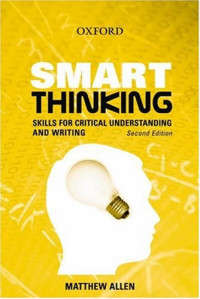
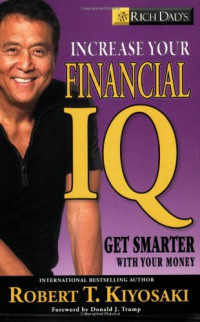
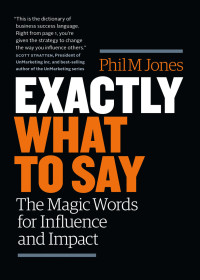
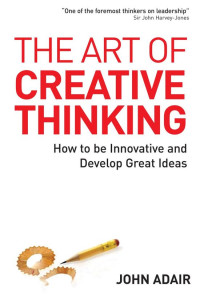
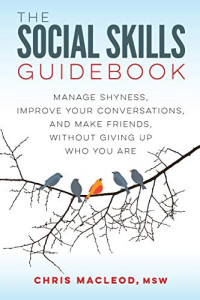
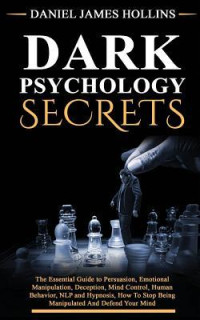
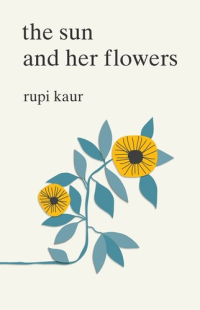
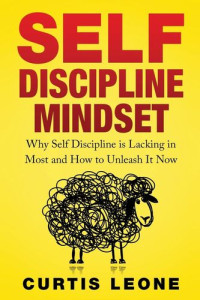
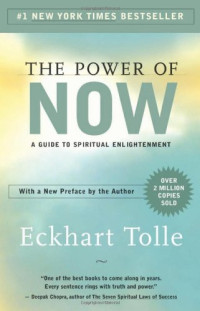
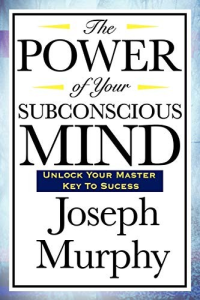
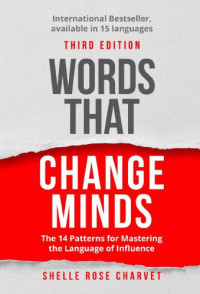
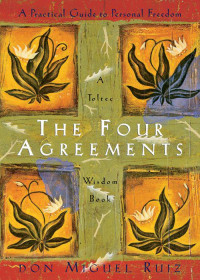

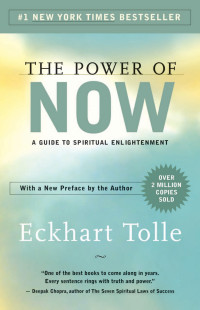
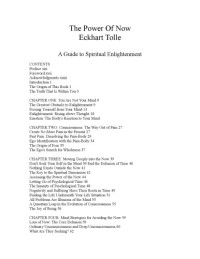
![Tolle Eckhart [Tolle Eckhart] — The power of now](https://s3proxy.cdn-zlib.sk/covers200/collections/userbooks/cd960e4e05088e4465763e0b6dde62c36cb16aa69020b462af8b0cdb37c0effe.jpg)
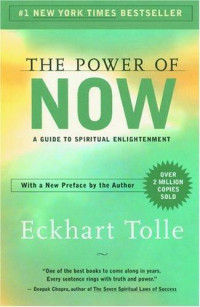
![Eckhart Tolle [Tolle, Eckhart] — The Power of Now: A Guide to Spiritual Enlightenment](https://s3proxy.cdn-zlib.sk/covers200/collections/userbooks/7c7435cc4b4562edb258ef3c0feee770056b10d0a3105ced0320f996a224f222.jpg)
![Tolle, Eckhart [Eckhart, Tolle, ] — The Power of Now](https://s3proxy.cdn-zlib.sk/covers200/collections/userbooks/dac8ffd6ed12ac92587f5275a608b0aa2630af4755d2ca7d16f7573e82ff30e4.jpg)
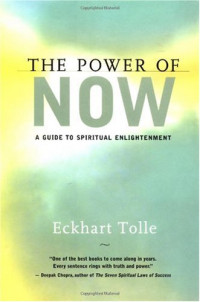
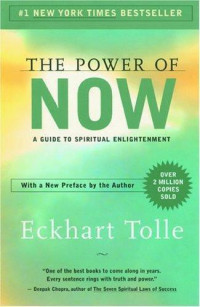
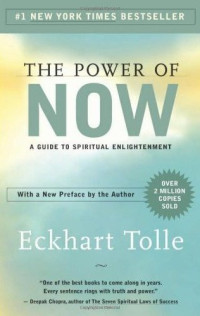
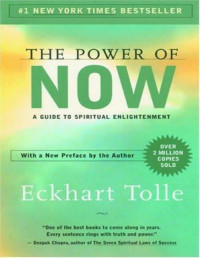
![Eckhart Tolle [Tolle, Eckhart] — Practicing the Power of Now: Essential Teachings, Meditations, and Exercises From the Power of Now](https://s3proxy.cdn-zlib.sk/covers200/collections/userbooks/e3f904091c2892ef65a8d2097d0dca84febee01f0cdbcce687a3cf36872f54a1.jpg)
